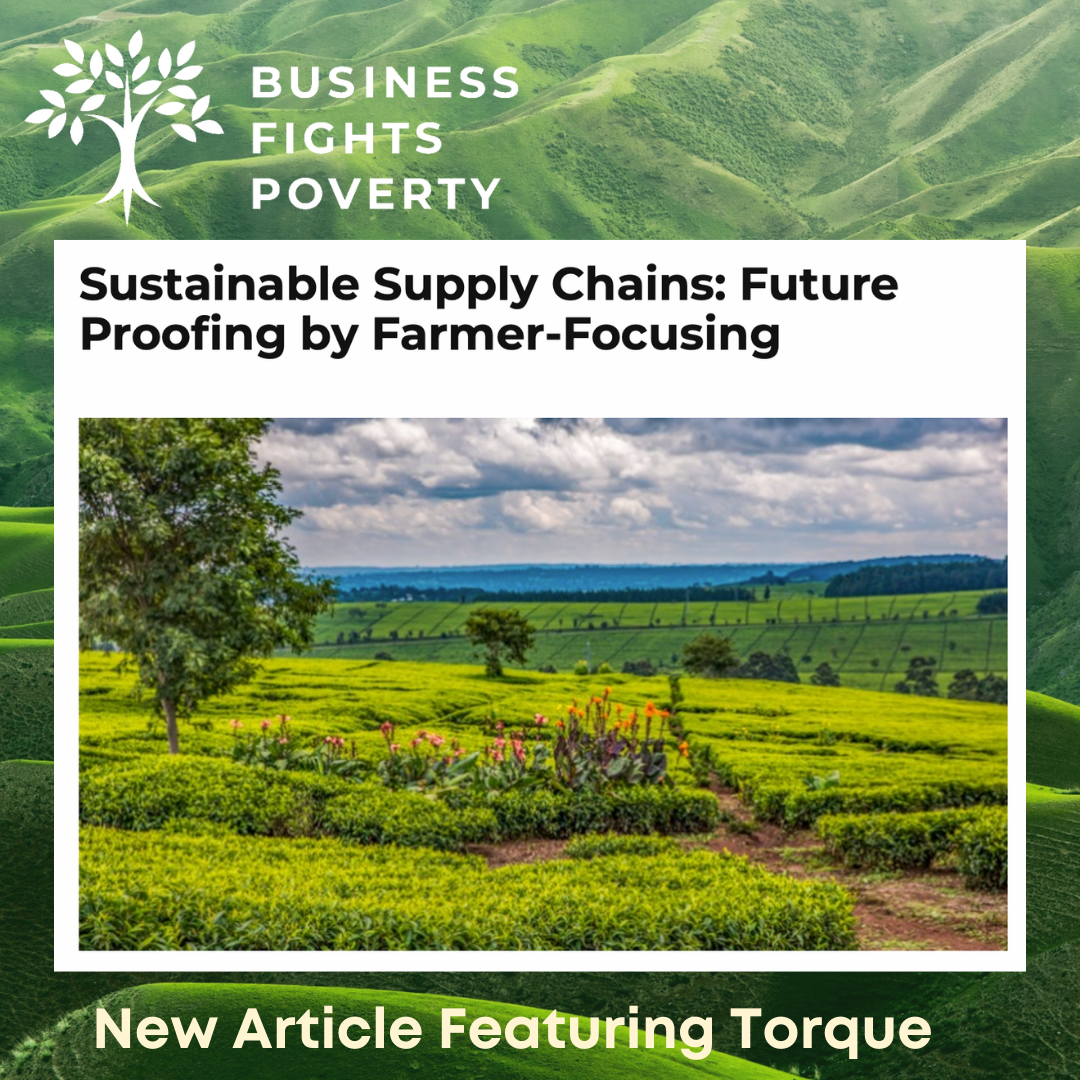From the article in Business Fights Poverty Magazine from Cory Gilman, Director of Strategic Initiatives, Heifer International
Gas prices. Food prices. Inflationary prices. Downward price pressure. Upward price pressure. Global supply chains. On and on it goes, with each new headline revealing a business environment stripped of its old rhythm. The environment feels particularly chaotic for any business dependent on functioning supply chains (i.e., virtually all of them).
Prices are the sharp end of a long stick.
Gas prices. Food prices. Inflationary prices. Downward price pressure. Upward price pressure. Global supply chains. On and on it goes, with each new headline revealing a business environment stripped of its old rhythm. The environment feels particularly chaotic for any business dependent on functioning supply chains (i.e., virtually all of them).
Supply chains center on commodities, and commodity markets no longer run ‘business as usual'. Operating on supply and demand, the validity of these markets rely on the assumption Adam Smith’s ‘invisible hand’ will lead to equilibrium— where prices generally remain smooth. Given the last few years, it’s clear this invisible hand may have inoperable carpal tunnel.
Smith’s theory was always stacked against producers, particularly those in tropical value chains like coffee and cocoa. Despite undertaking the highly skilled, challenging work of supplying some of the world’s most beloved goods, they suffer from systemic poverty caused by imbalanced markets. This includes trading prices that never adjust for inflation and remain forever fixed in nominal terms. Farmers have been subject to market prices decoupled from production realities for decades, subsidizing the world’s coffee and cocoa habits for at least six years. With equilibrium further undermined by pushes towards higher productivity, the environmental and social consequences have rippled effects including child labor and deforestation. Farmers know the solution is the one thing corporate buyers have been unwilling to consider… until now.
Given companies are getting a taste of cost increases, production delays, and labor shortages—all of which show no signs of slowing—it’s time to look beyond the commodity market as the end-all-be-all of price discovery. Its volatile new normal creates the illusion of powerlessness, but there are ways of controlling what seems to be out of our hands, the most obvious of which just might save entire industries while ending poverty for billions.
The solution? Saying screw market prices du jour, instead screwing prices to something more stable and mutually beneficial: producers’ living incomes.
It means generating much-desired equilibrium by embracing price stability. Procurement must be radically transformed, with companies building future-thinking sourcing strategies anchored to livelihood needs at origin.
Rather than ever-changing valuations, a foundation should factor in what’s required for production, including sustainable cultivation, withstanding shocks, and viable returns. In essence, living income-based contract prices should be the bare minimum, but a consistent minimum. If lesser prices mean farmers aren’t able to grow the product, let alone support their families, then those prices should be called what they are— exploitation. Such a baseline for price discovery makes irrelevant those chronic market fluctuations that send everyone into a tizzy. It sets up everyone for a win-win-win, that elusive triple bottom line so many claim, but almost no one actually achieves.
These are the top three reasons why this kind of approach is a game changer:
READ THE REST OF THE ARTICLE ABOUT TORQUE COFFEES!

About Business Fights Poverty:
We are a global community of people, companies and organisations passionate about building an equitable and resilient future.
We believe in the power of business to help improve the lives, livelihoods and learning opportunities of the most vulnerable people and communities.
We know that driving system-level change for a better future requires people to unite across traditional divides and come together in fresh and creative ways.
We curate purposeful collaboration to help companies and their partners access the insights and relationships they need to unlock new opportunities for business and social impact.
Join us. We are Business Fights Poverty.

